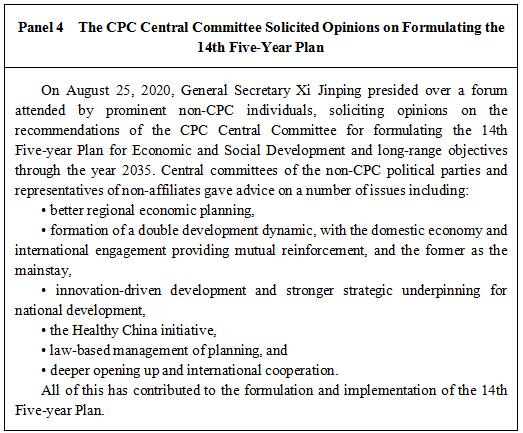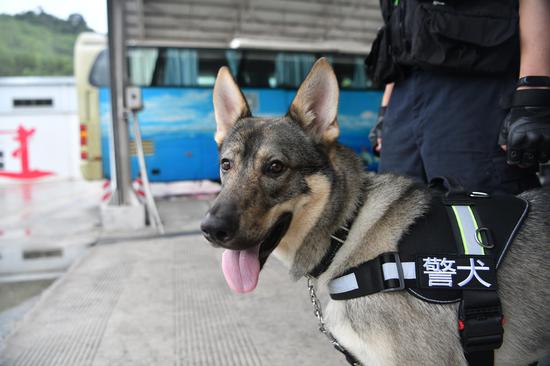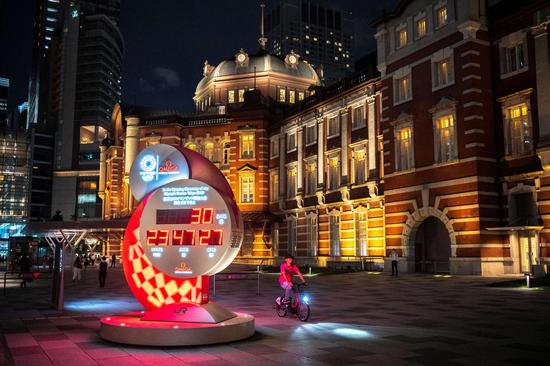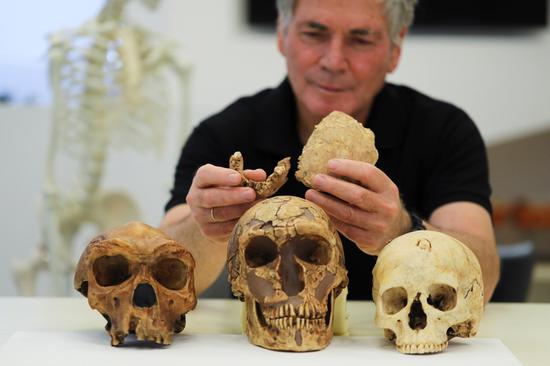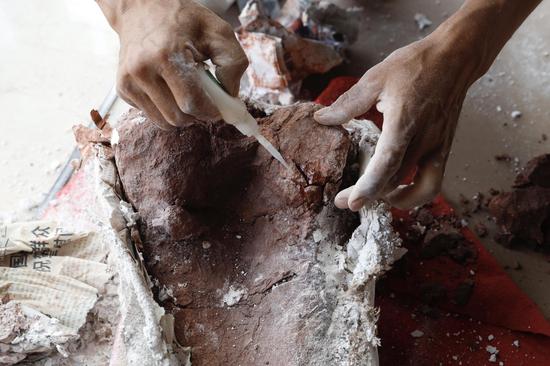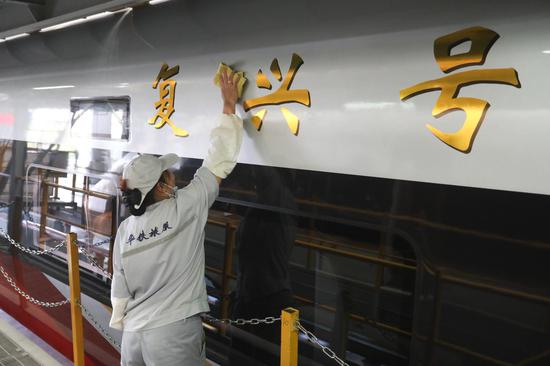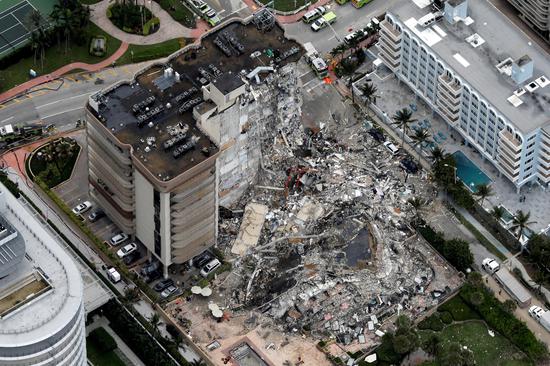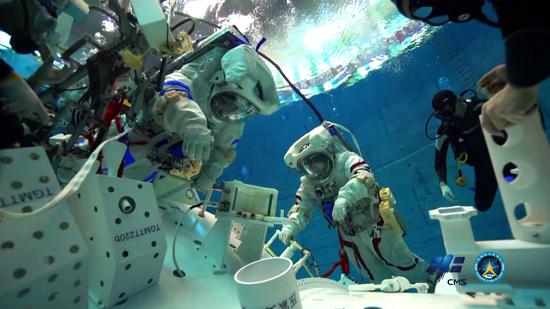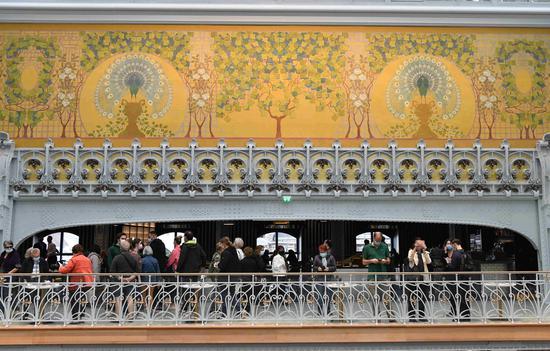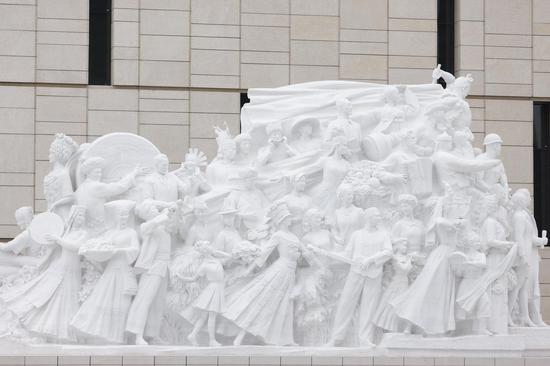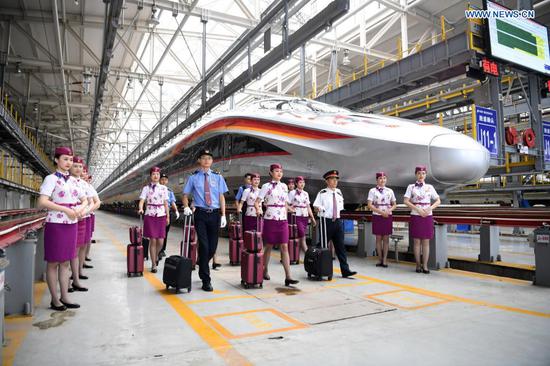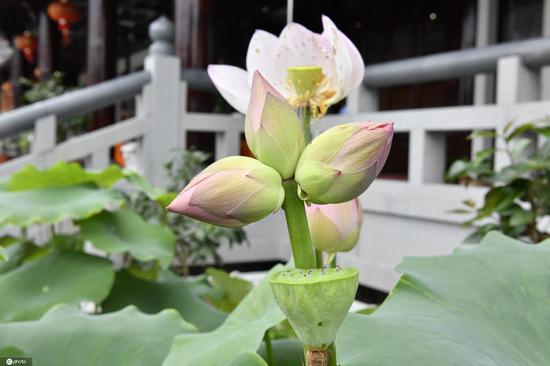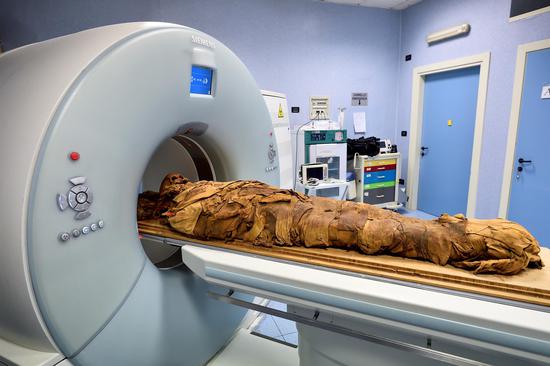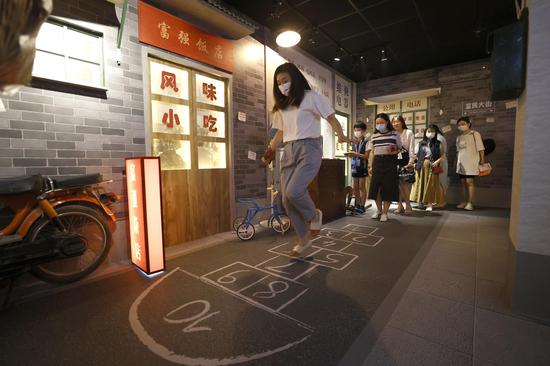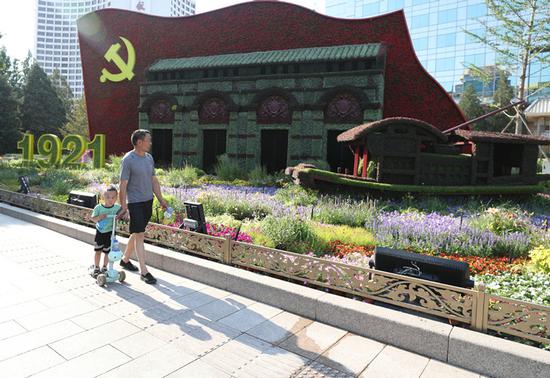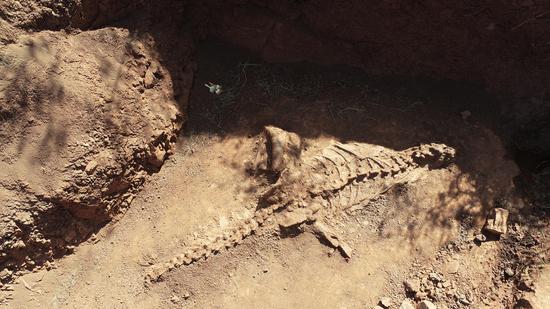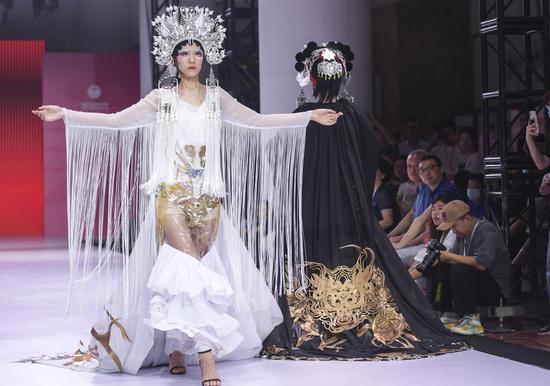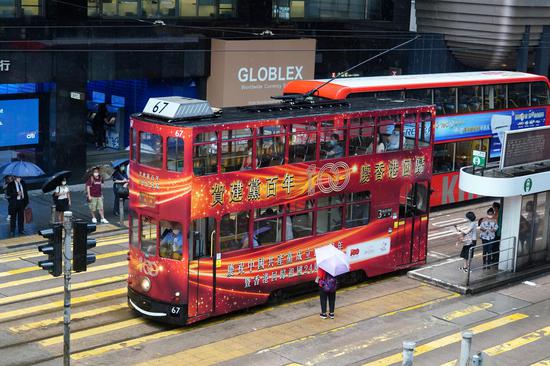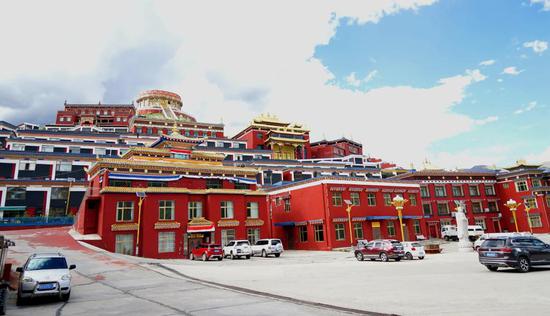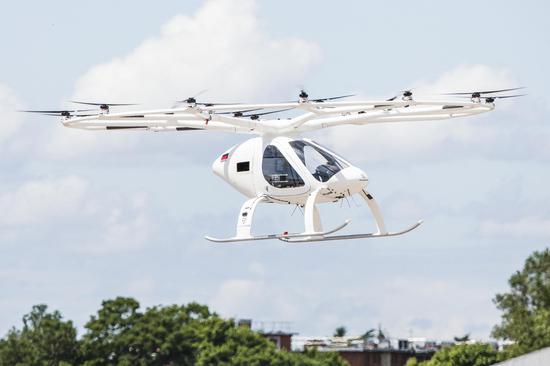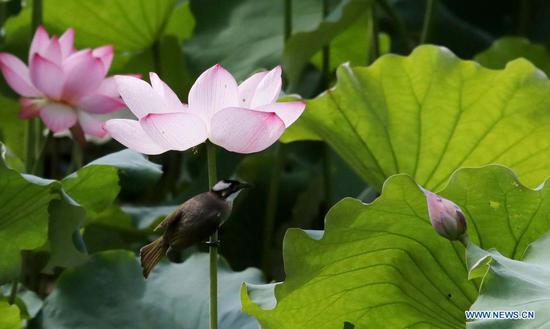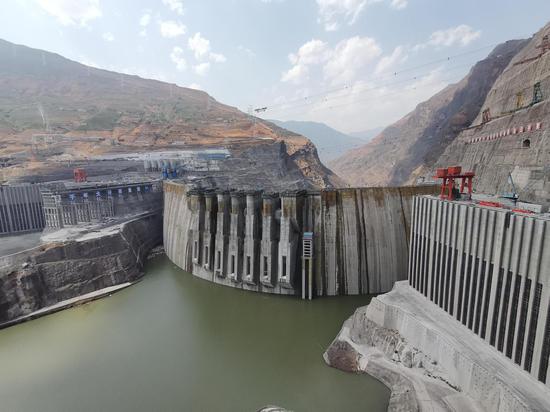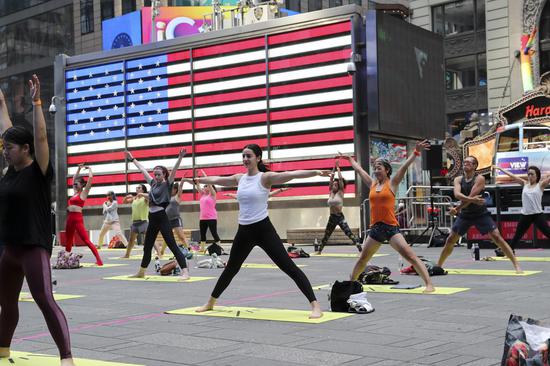V. The CPC Consults with Other Political Parties and Non-Affiliates
Consultation is an important form of democracy in which the CPC and other political parties, on the basis of common political goals, carry out direct consultation on major policies and affairs of the state before decision-making and during policy implementation. It is an important part of the system of socialist consultative democracy. Non-affiliates also participate in the consultation.
Subjects of consultation. The CPC and other political parties carry out consultation on subjects including:
• formulation and revision of important documents from CPC national and local congresses and CPC central and local committees,
• proposals on amendments to the Constitution, and on the creation or amendment of important laws and local regulations,
• advice on the candidates for leadership posts in standing committees of people’s congresses, governments, national and local committees of the CPPCC, chairpersons of supervision commissions, presidents of courts, and procurators-general of procuratorates, and
• major issues concerning the united front and multiparty cooperation.
Forms of consultation. Consultation between political parties can take place in three forms: forums, talks, and consultation in writing. Consultative forums primarily include forums on specific subjects, forums on personnel matters, and forums on field work. Consultative talks involve leaders from CPC committees inviting leaders from other political parties to hold discussions on issues of common concern on an irregular basis, or principal leaders from other political parties requesting a session with leaders from CPC committees to provide information and communicate views. Consultation in writing means that CPC committees solicit written advice on major documents and affairs from other political parties, or other political parties submit proposals on major issues in writing to CPC committees.
Institutional support for consultation. Consultation between political parties is ensured by relevant rules and regulations, operates primarily according to relevant CPC Central Committee documents, and is supported by pertinent mechanisms. Every year the CPC Central Committee entrusts central committees of the non-CPC political parties to conduct targeted research on major issues of economic and social development, and supports their field work in areas of specialization on a regular basis. Relevant authorities provide them with information on the chosen subjects, organize special report meetings and briefings, and invite representatives of the non-CPC political parties to sit in on relevant conferences and participate in specialized field work, inspection, and supervision.
Achievements of consultation. Since the 18th CPC National Congress, the CPC Central Committee has organized or entrusted relevant departments to organize more than 170 consultative forums. On these occasions, it has engaged in consultation with the other political parties and non-affiliates and solicited their opinions on matters of great importance such as CPC Central Committee’s reports to CPC national congresses and to plenary sessions of the CPC Central Committee, advice on amendments to the Constitution, on the drafting of medium- and long-term plans for economic and social development, and on candidates of leaders of the state. Its aim is to ensure more informed and democratic decision-making on major issues. Central committees of the non-CPC political parties and non-affiliates have conducted in-depth field work and made more than 730 written proposals, many of which have been turned into major state policies. Proceeding from realities, CPC local committees at all levels conduct consultations with corresponding local organizations of the non-CPC political parties on important local issues, creating a driving force for the development of local economy and society.
